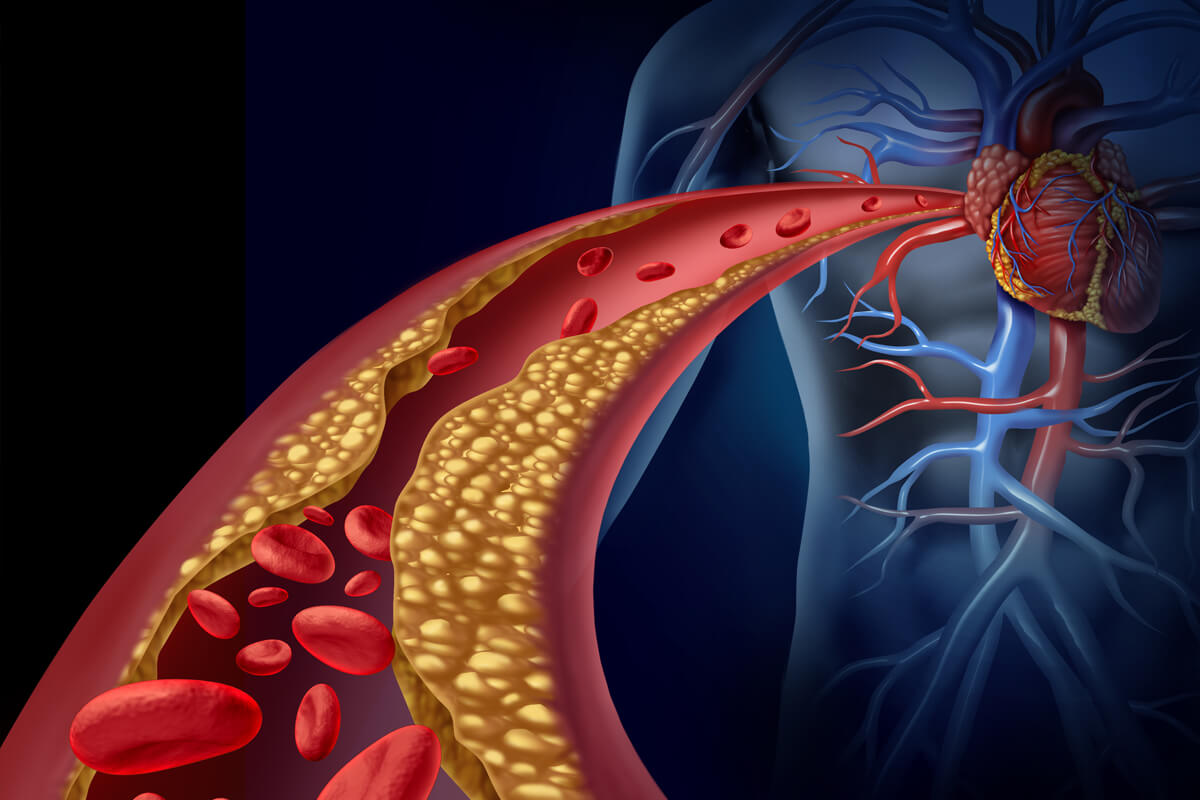
Head of Cardiology Department of Near East University Hospital Prof. Dr. Hamza Duygu stated that cholesterol vaccine, which is a hope for patients suffering from high cholesterol and applied by subcutaneous injection once every 2 to 4 weeks, has a positive effect of 50 percent to 60 percent on bad cholesterol.
New cholesterol drugs, recently approved by the US Food and Drug Administration (FDA), provided an important alternative to the statin group drugs used to lower bad cholesterol (LDL) and created a new beacon of hope for people with cardiovascular occlusion or congenital high cholesterol.
Head of Cardiology Department of Near East University Hospital Prof. Dr. Hamza Duygu stated that this new drug group, called cholesterol vaccine, is used in patients who do not benefit from the highest dose of existing drugs on the market and who have congenital high cholesterol.
Prof. Dr. Hamza Duygu said about the drugs that received FDA approval, “These drugs are known as PCSK-9 inhibitors. The most important convenience is that it is applied by subcutaneous injection once every 2-4 weeks. These drugs, which feature the strongest cholesterol-lowering drug on the market, provide a 50 percent to 60 percent decrease in bad cholesterol. Except for local side effects such as pain and redness at the injection site, the drugs do not have any serious side effects reported yet.”
The cholesterol level of patients with high cholesterol can increase up to 1000
Stating that the cholesterol level in the blood can be seen even in children with a level more than 500 mg/dl, familial high cholesterol occurs with a heart attack or stroke at the ages of twenties or thirties. Prof. Dr. Hamza Duygu stated that the main problem in these diseases is that one or more of the genes responsible for the system that cleans cholesterol from the blood are dysfunctional.
Stating that familial high cholesterol treatment, which is frequently seen in daily practice, is difficult, Prof. Dr. Hamza Duygu pointed out that when there is a problem in both parts of the genes, the cholesterol level may increase up to 1000. Prof. Dr. Hamza Duygu continued as follows: “If one of the two parts of the gene that causes the disease is intact but the other is not working well, LDL is still high, but the high cholesterol and the course of the disease are not as severe as the other. The emergence of diseases related to arteriosclerosis, such as heart attacks, occurs not in childhood, but in the thirties and forties, which is the most common form we see in practice. High doses of statins are given to patients in both types of familial cholesterol increase. Even though blood cholesterol levels decrease, often it is not sufficient because the initial levels are too high.”

The effect of cholesterol drugs on the market for bad cholesterol is between 30 to 50 percent
Stating that the normal cholesterol drugs on the market provide a 30-50 percent reduction in bad cholesterol (LDL), Prof. Dr. Hamza Duygu stated that, therefore, the need to use very high doses of medication brings side effects. Stating that the side effects may be liver damage, muscle pain and kidney failure due to advanced muscle breakdown, Prof. Dr. Hamza Duygu stated that although cholesterol is cleared from the blood with the dialysis-like apheresis method in this patient group, because of the impracticality of this method, the need for this treatment will be eliminated thanks to the new drugs called cholesterol vaccine.
Prof. Dr. Hamza Duygu said that due to the new use of cholesterol vaccines, more information can be gained as the experience with drugs increases, whether there are currently unknown possible side effects such as the neurological and fatty liver. Prof. Dr. Duygu also stated that it is a matter of debate whether reducing bad cholesterol too much will lead to possible side effects in those who do not have congenital high cholesterol. Stating that the high cost of cholesterol vaccines compared to existing drugs in the market may also be a disadvantage, Prof. Dr. Hamza Duyguemphasized that, however, in the cost-effectiveness analyzes, results similar to costs of other drugs were obtained.